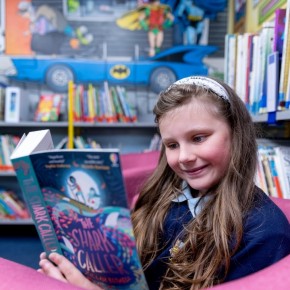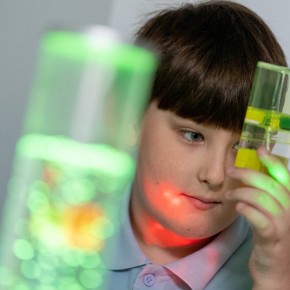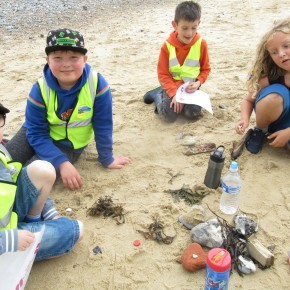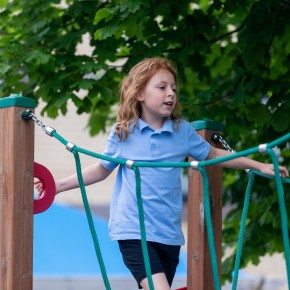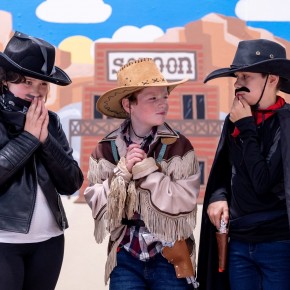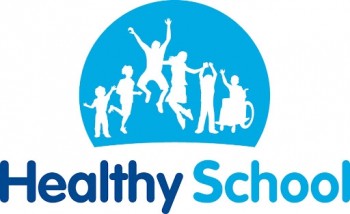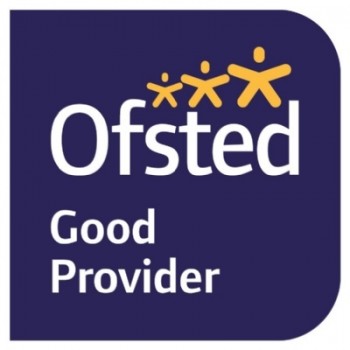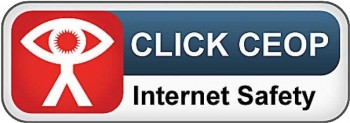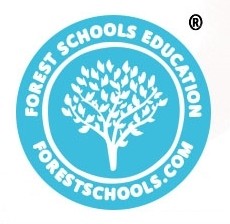Modern Foreign Languages
The teaching of French at Cromer Junior School provides an appropriate balance of spoken and written language and lays the foundations for further foreign language teaching at KS3.
The MFL projects are well sequenced to provide a coherent subject scheme that develops children’s spoken and written understanding and application of French. Skills taught are broadly covered by the following headings: oracy, literacy and intercultural understanding. Children develop a deeper understanding of the language as they move through the year groups. Children are taught: to listen and to respond appropriately; to recognise words; to begin to write (depending upon competency); how to investigate another country and its culture; to make direct comparisons and to identify similarities and differences between the UK and France. Rigolo (software programme) incorporates revision into the planning, therefore children’s knowledge will build as they move up into new year groups. Teaching is broadly split into the following headings: Greetings and conversation; Number and the calendar; School Life; Personal appearance; Family life; and Grammar.
Learning a foreign language helps children develop skills that will open further opportunities later in life (close listening, concentration). Learning French may stimulate desire to travel to France or even live there. France has many amazing landmarks and places to visit.
The broader aspects of French culture, exploring similarities and differences are taught across the Key Stage.
Lower Key Stage
In Year 3 simple greetings are taught as a step towards conversational French. In Year 4 this is revised and further expanded. Children learn numbers 1 -10 in Year 3 moving to numbers to 30 in the following year. Year 3 learn a range of French nouns which they learn to use the French alphabet sounds, in Year 4, to spell. The vocabulary children learn in Year 3 is used to describe people’s appearance in Year 4. Basics of French grammar are introduced in Year 3 and developed further into Year 4, focusing on specifics such as third person descriptions. Some of the words children learn in Year 3 are used to form simple written sentences in Year 4.
Upper Key Stage 2
In Year 5 and 6, children build upon the phrases learnt in Year 3 and 4 to develop their conversational skills. This includes, talking about the weather, giving and receiving directions and ordering food. In Year 5, children learn their numbers up to 60, learning in Year 6 to apply their knowledge to situations like asking the cost of an item in a shop. Descriptions of people, in Year 5, become more complex using ‘to be’ verbs, leading to descriptions of clothing in Year 6. Children learn to give opinions, conversationally, in Year 6. The plurals, person and tense terms learnt in Year 5 are used to develop descriptive sentences in Year 6. Children become increasingly confident with speaking and performing in public/to an audience. Year 6 children become more adept at writing and reading longer pieces of text. In Year 6, children present an aspect of what they have learnt about French culture in previous years.
